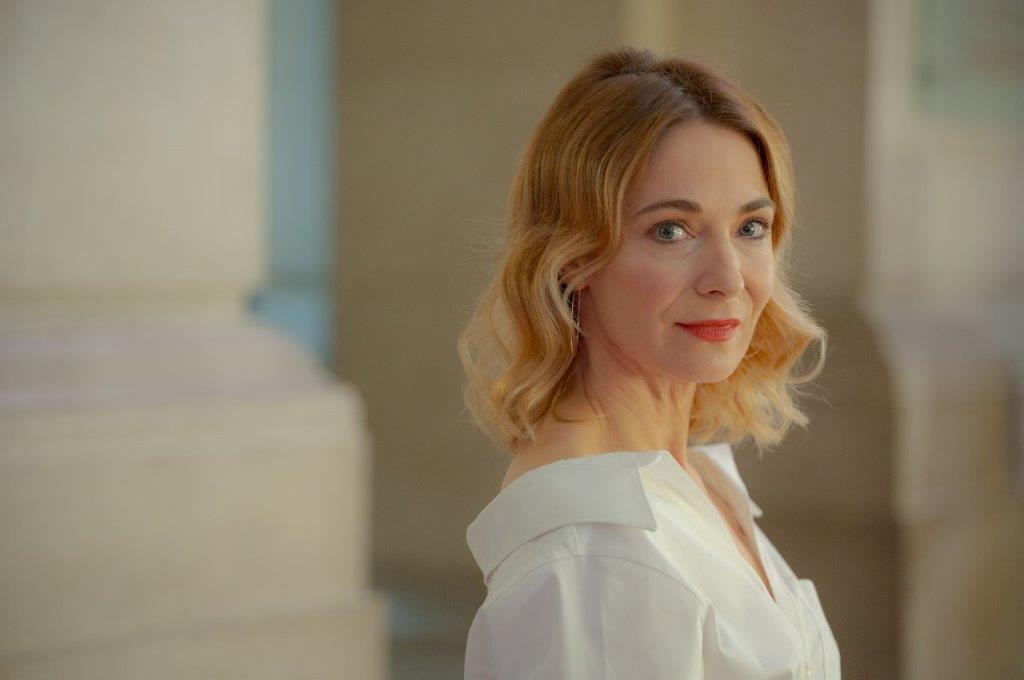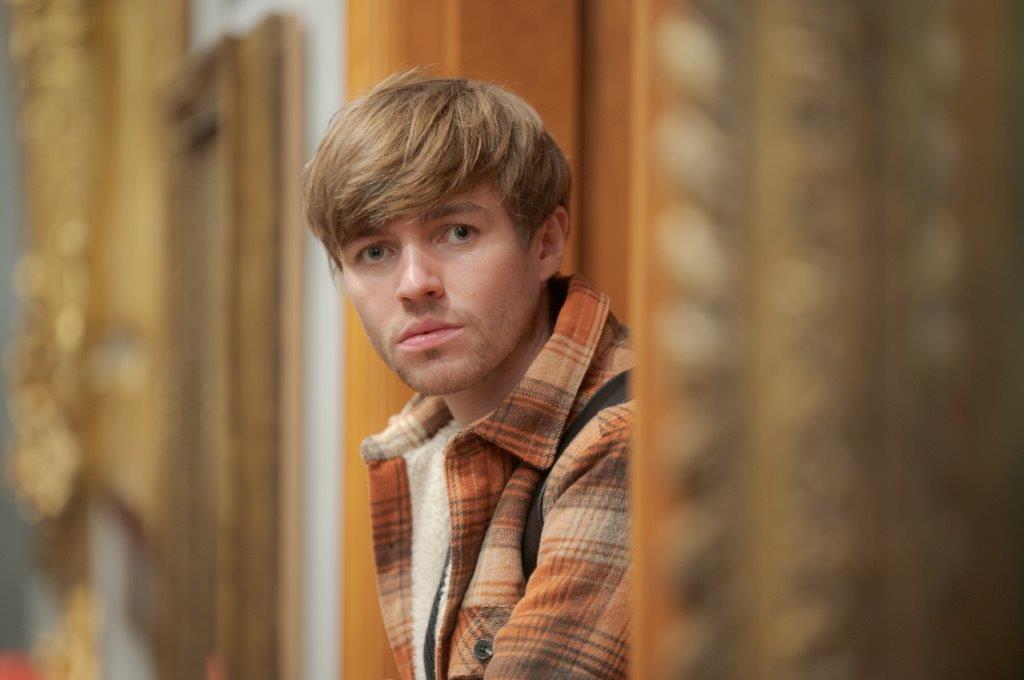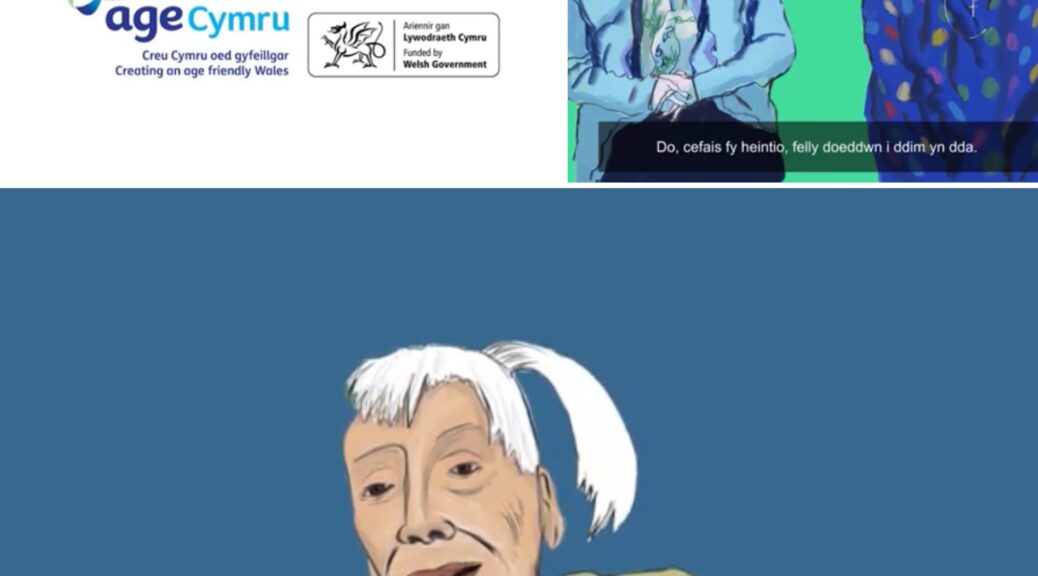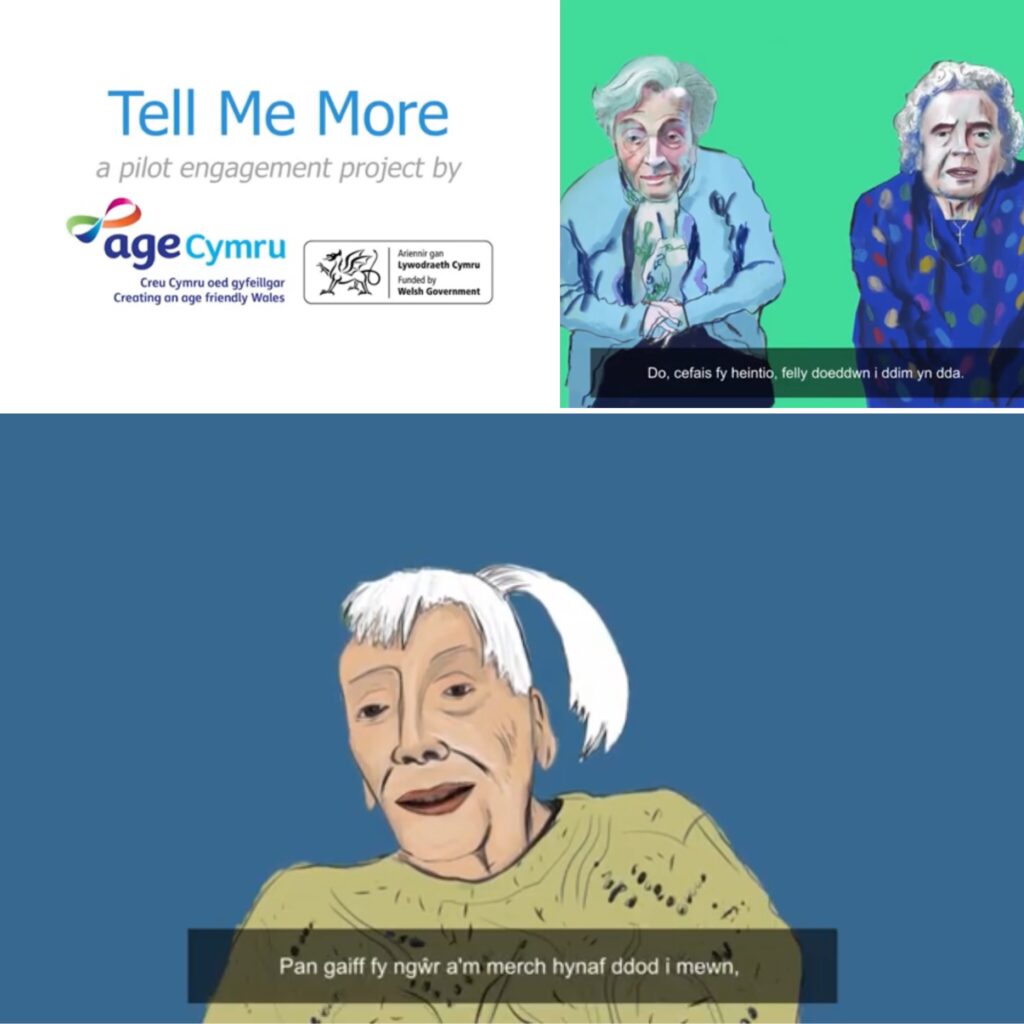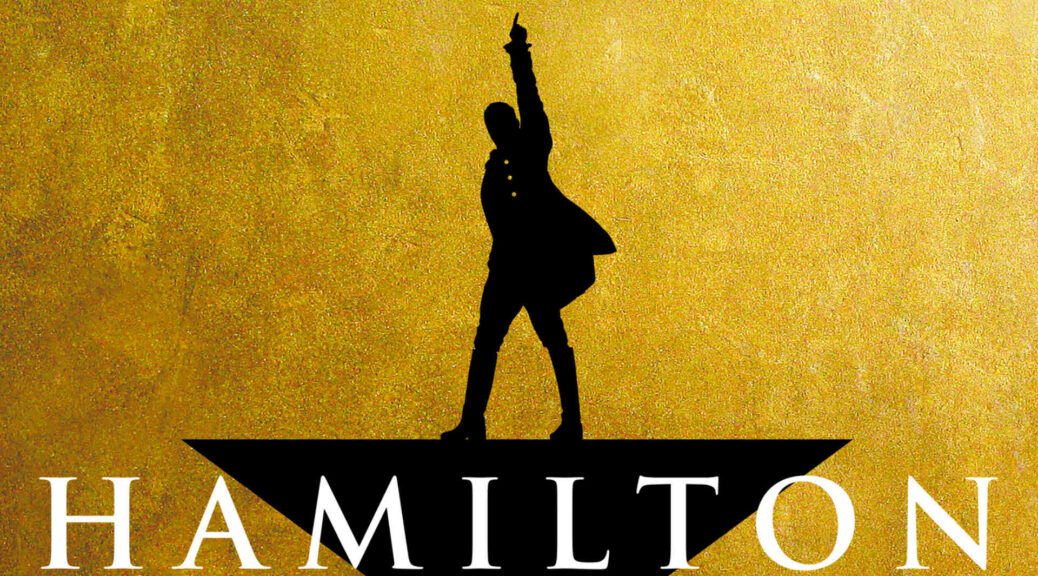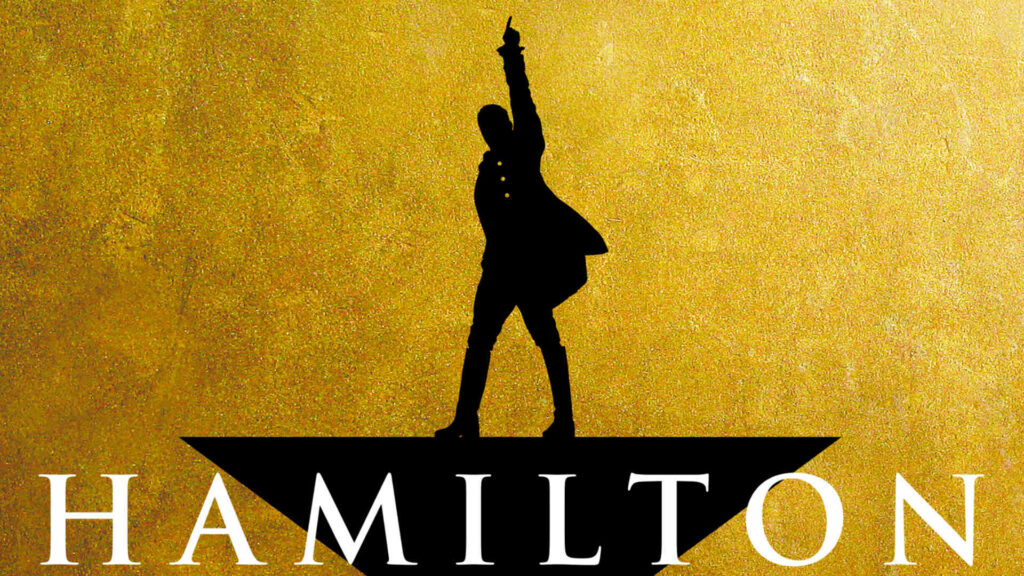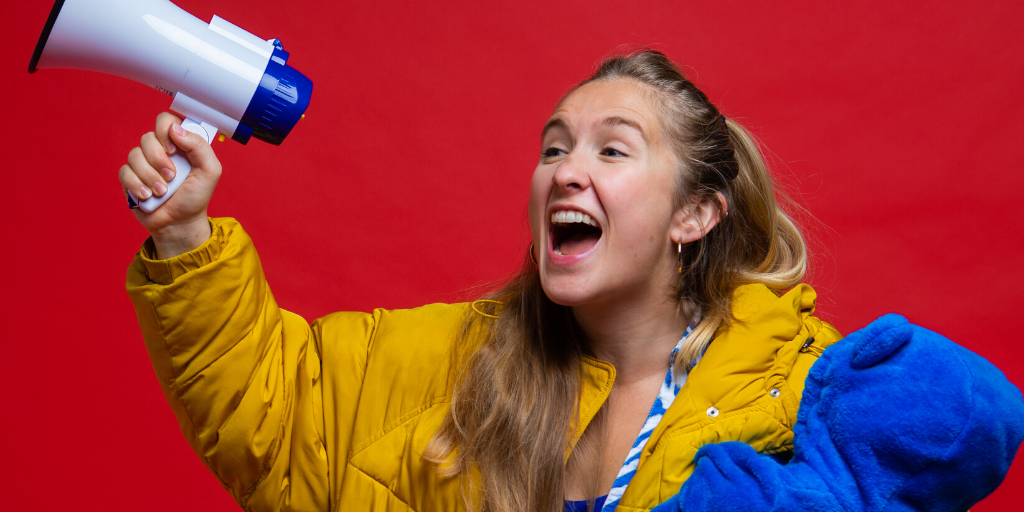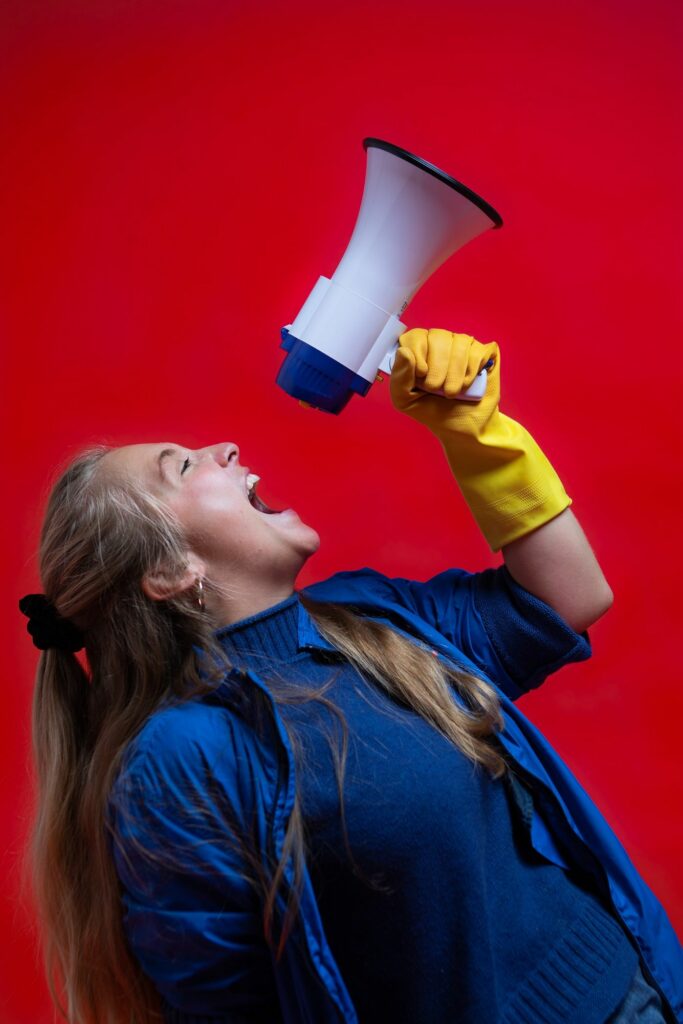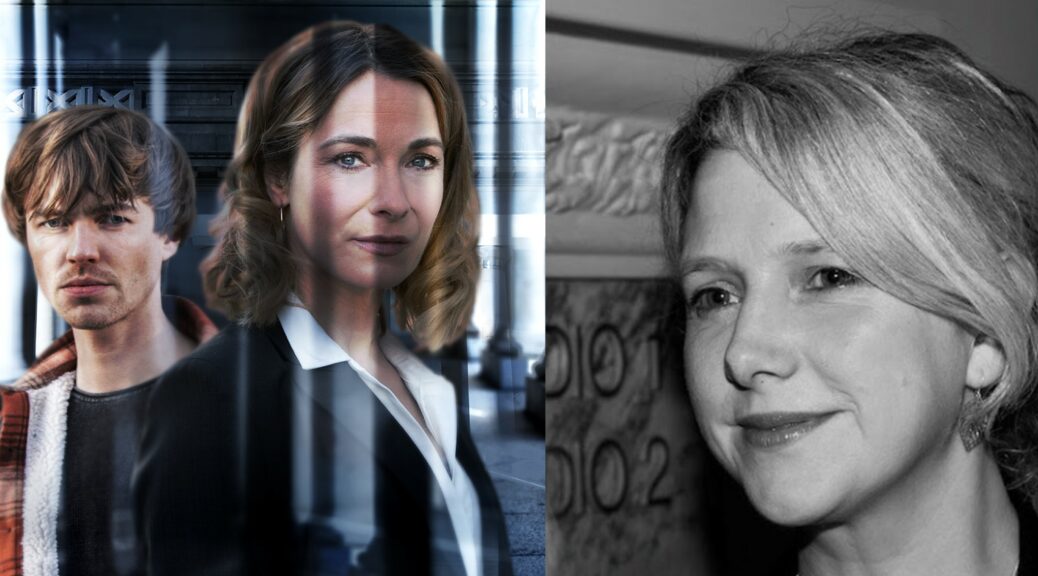My name is Alexander Hamilton. My name is Alexander Hamilton. And there’s a million things I haven’t done. But just you wait, just you wait”
That is the very first line spoken by Alexander Hamilton, and in it, we can see his character, he is nervous, repeating what he say in two instances, but yet, their is a era of confidence in his words, telling the world what he is going to do, and for them to just wait. Written, acted and published by musical genius Lin-Manuel Miranda, who was able to provide a boost of energy to perhaps an extremely boring subject. With a record breaking 16 nominations, and 11 awards. He clearly did something right. This particular version was uploaded onto Disney+, the show being filmed in the Richard Rodgers Theatre, over a course of three shows, each edited together in order to give a cinematic feel to this musical. Despite it technically not being a play, more of a film (Being nominated for the Best Motion Picture in the Musical or Comedy section) the editing is seamless, and it goes out of it’s way to make you feel like you are actually there. First performed on the 20th of January 2020, this version was released on the 3rd of July 2020, despite the original 2021 release, with the effect of the Covid-19 pandemic, the release was boosted by a year. Telling the story of the Founding Fathers of America, Miranda was inspired by the 2004 novel Alexander Hamilton by Ron Chernow, it took him six years to write this, performing the first song at the White House, directed by Thomas Keil, this production combines the generations of music, in a masterpiece that is Non-stop.
In Act I, orphan Alexander Hamilton (Lin-Manuel Miranda) makes his way to 1771 New York from his island of Navis, with dreams of joining the American Revolution, as opposed to Aaron Burr (Leslie Odom Jr) who prefers to wait until the opportunity to come to him, advising Hamilton to do the same. However Hamilton disagrees, as he speaks his mind to the world of New York, impressing fellow revolutionists, the anti slavery John Laurens (Anthony Romos), the French Marie-Joseph Paul Yves Roch Gilbert du Motier, Marquis de La Fayette (Daveed Diggs,) and the tailor Hercules Mulligan (Okieriete Onaodowan), however, as they sing to the revolution, King George the III (Jonathan Groff) insist on his authority, as the true war starts, and after impressing General George Washington (Christopher Jackson), Hamilton becomes his right hand man, and later at a ball, he meet’s and later marries Eliza Schuyler (Phillipa Soo), whilst her sister Angelica Schuyler (Renee Elise Goldsberry) supresses her own feelings for him, as conditions get even worse for the American’s, La Fayette and Mulligan leave, whilst John Laurens enters a duel with Charles Lee (Jon Rua) who speaks against Washington leadership, after this incident, Washington orders Hamilton to return home, where he discovers his wife is pregnant with his son. La Fayette returns to the battlefield with French aid and convinces Washington to call Hamilton back, as they engage in the battle of Yorktown, which they win due to Mulligan acting as a spy. With this victory, and their newly secured freedom, Hamilton son Philip is born, but he hears word that Laurens has be killed and he and Burr (Who is still waiting for his opportunity) plunge themselves into their work, as the now President George Washington invites Hamilton to join him as Secretary of the Treasury.
In Act II, Thomas Jefferson (Daveed Digs), who was acting as the ambassador of France, which has now entered its own revolution, returns alongside his friend James Madison (Okieriete Onaodowan) and immediately clashes with Hamilton. Under stress from his work, Hamilton enters an affair with Maria Reynolds (Jasmine Cephas Jones) whilst Eliza is away on a visit to her father. The affair is later discovered by her husband James Reynolds (Sydney James Harcourt) who blackmails Hamilton into giving him money, in exchange, he keeps quiet about the affair. Later, Burr, who watches Hamilton, Jefferson and Madison come to an agreement about the nation’s capital, becomes envious over Hamilton power, and finally begins to gain power, taking the role of Eliza’s father. Jefferson and Madison Agree to work with burr in order to find a way to discredit Hamilton, as George Washington steps down from president, as John Adams (Who does not make an appearance in the show) becomes president, firing Hamilton, who in retaliation, publishes a letter to the press, insulting and discrediting Adams, convincing him to one term. Jefferson, Madison and Burr discover the checks sent to James Reynolds and accuse Hamilton of embezzling government funds, forcing Hamilton to admit his affair with Maria Reynolds, ending his political career. Hamilton son’s, Philip (Anthony Romos defends his father’s name, however he is later shot and killed in a duel for this, leading Hamilton into a depression, however when the election of 1800 arrives, between Jefferson and Burr, he chooses to support Jefferson, stating that he would rather have somebody with disagreeable beliefs than no beliefs as president, leading to Jefferson winning. Butt insulted by this, challenges Hamilton to a duel, which he agrees to prostate, Hamilton however in his last moments, aims his pistol at the sky, resulting in him being shot, leading Eliza to tell his legacy, starting up a orphanage for children, like Hamilton, until she dies, like we all do eventually.
The death of Hamilton, in fact, is set up from the very first song, entitled “Alexander Hamilton” (Happening right after Jonathan Groff’s King George welcomes the audiences, kindly asking them to switch their devices off and telling them to enjoy his show, already telling us that this character is self indulgent), this song summarizes the first two decades of Hamilton’s young life, growing up as a son of wedlock, in the slums of a poor. In the very first line he is called a “Bastard”, “Orphan and “Son of a Whore”, these quotes are later used again in the musical, often as a motif to remind the character of his upbringing, the song is sung threw many of Hamilton’s friends and enemies, and Hamilton only speaks when he is asked to identify himself, which makes us familiar with each of the actor. However the song is primarily sung by Aaron Burr, the main antagonist of the show, and he even tells us at the end, when each character tells the audience their connection to Hamilton, he informs us that he is the “damn fool that shot him” his words echoing through the stage, effectively giving away the ending. However, it is much like the Titanic, it focuses more about how they got there, rather than the end result. The pace of the song also reflects the character of Hamilton, specifically his mind. The song starts off slow, however, as Hamilton slowly realizes that in order to live, he must work, it picks up as we can see him writing and writing.
Another thing that is reflected in these characters is the costume. Every actor is dressed in white at the start of this number, with the expectation of Hamilton, he is the only one left out, showing us his loneliness which he did not conquer until “My Shot”. However, as the play goes on, as Hamilton gives more and more ideas, we see that colour is used significantly much more, and in Act 1 they start of rather grounded and darker, the majority being darker browns, but as the revolution stars, we can see that they are getting more colourful, until they are final their own colour, signifying that they are finally broken free, the costumes themselves are reflective of their times, as well as their different personalities. Hamilton’s primary colour is green, which is fitting since he was the secretary of the treasury. Whilst Thomas Jefferson appears to wear right and much more out tier costumes, showing us his own the top nature. Maria Reynolds wears red, the colour of love, as well as anger, which is what her presence in the show shall later provide. The historical accuracy of the costumes themselves are clear, and when it comes to the fight between Britain and America, we are able to clearly distinguish them. Britain’s uniform appears to be much more old fashioned, and royal, in comparison to America’s scruffy and messy outfits.
The portrayal of Britain is seen mostly through the eyes of America, as a tyrant, however, the few instances we have with Britain, come with the hilarious and light hearted King George the III. In his song, they provide a change of face, in opposition to the fast paced ripping of the Americans. Out of the three songs he sings, each song represents a stage in Hamilton’s life, His first song “You’ll be back” he sing his views on the revolution and how America will be lost without him, and not to fight, otherwise they will die, this song signifies the rise of Hamilton, how came from a gutter rat, to the right hand man of George Washington, whilst the second song “What comes next?” comes after America has won its freedom, King George does not stand around complaining about how they have left him, but instead informs them of the challenges about how hard it is to lead, and that, from now on, they are on their own, this announces respects the start of Hamilton’s political career and the many challenges he shall face. Whilst his third and final song “I know him” he sings about how George Washington is stepping down and his assessment at John Adams is the new president, making fun of him, and claiming that it is going to be fun. This song tells us about Hamilton’s downfall, as well as the basement people shall have at it. His character provides a piece of light hearted comic relief to the audience, and the style and the way he sings represents the old idea’s, whilst the new ideas that the American revolution fight for, are sung thru rap. There is a clear difference between the two, allowing people to easily distress the two countries. I would also like to note that in his final song, King George dances along to the rap, perhaps signalling that he has come to expect America’s freedom, and even ideas.
The idea that the new ideas are represented is perhaps seen most clearly in “My Shot”. After Hamilton arrives in New York for the first time, he meets with Aaron Burr, and tells him that he wants to join the revolution, but Burr rebuffs him, disappointing Hamilton. Burr prefers to wait by the side, until an opportunity becomes clear, the safest opportunity, keeping his ideas to himself, but Hamilton chooses to say his mind to the word, and daring anyone to challenge him. From their very first introduction, the rivalry of these two characters is clear, from their opposing ideals and it shall keep creating tension between them for the rest of the play, however Hamilton chooses to point of the similarity between Burr and himself, stating that they are both perhaps, but they have gone down different paths. Burr attempts to give each Hamilton a lesson, taking him to a bar where we meet key players for the first act. John Laurens, Marie-Joseph Paul Yves Roch Gilbert du Motier, Marquis de La Fayette and Hercules Mulligan, who sing their praises of the revolution an why they are doing it, Laurens in order to end slavery, La Fayette, in hopes that it shall lead to unrest in France, leading to their own freedom and Mulligan in order to advance his social status, they all sing independently, in their own tunes and styles. The only thing they sing together is the revolution. Until Hamilton steps in, no longer able to keep quiet after Burr shuns them, asking him “If you stand for nothing Burr, what will you fall for?” A question that shall haunt Burr for the reminder of the play. Hamilton immensely impresses them with his quick thinking and confidence, and they all join in with him, for once, all their tunes are both together into one voice, no longer disconnected, they are stronger in numbers, which is why the British attempt to break them apart. It also subtly sets up the idea that each character has their shot, and foreshadows later in the play that Hamilton will literally throw away his shot, and the song frequently makes a return whenever a shot arrives for a character, and whether they will take it or not. The song however also highlights the nervous side to Hamilton nature.
Throughout the play, every song is a form of narration, and the characters often break the fourth wall, sometimes for comic relief, or some time to serve as a history lesson. Whenever they do this, the lighting becomes darker, and everything else stops, to show that they are alone, this is most prominent whenever Hamilton sings in the “Eye of a Hurricane”, as he tells the story of how a Hurricane came to his town, destroying it, but he lived. The stage is painted in a blue mess, surrounding Hamilton as only when he amidst the truth to his affair, does sit vanish, for he is no longer alone. It has also been used in smaller ways, such as in “What comes next?” King George is surrounded by a red light, until he says that “I am so blue” stomping her foot to the ground, as it quickie changes to blue, reflecting his mood, however it has deeper meaning, representing where Britain was politically, surrounded by America, which took the colour of blue, whilst Britain was red. Another instance when the lighting is used is whenever they need to create a room, due to the fact they did not redo each set, it is nothing more than a plain dock, with stairs that move around. This is most noticeable in “The Room Where It Happens”, as Burr sings his heart around, moving from place to place, as he attempts he wants to get into the room where it happens, however. Hamilton, Jefferson and Madison stand in the yellow light, representing the room, but Burr nearly steps on it, staying in the blue, showing that he has not been able to join.
Aaron Burr serves as, in my opinion, a sympathetic antagonist, and he even states that history shall remember him as the villain in Hamilton’s story. His differences from Hamilton himself are present from his very first song, but whenever he sings with somebody, he is forced to the background, until he is on his own, where he sings his mind, and his reason, and why he shall wait. In the song “Wait for It” Burr sings his heart out to the world, explaining why he waits and waits, for he has too much to risk, and that he doesn’t do it because he is lazy, but because he has to, and this all changes. This all changes in “The Room Where It Happens’ ‘, which in my opinion, is perhaps one of the best, and most unique songs, with the tune of the song having a jazz feel to it. Burr has now stopped waiting, he has faintly found what he is waiting for, but it is motivated out of jealousy for Hamilton rather than his own feelings. The end of the song seven foreshadows where this design shall lead Burr to, with the last word being “Click boom!” I commend the musical for giving Burr a personality, rather than making him a dislikeable evil man, all his choices have firm motivation. However he lacks a physical presence to him, due to the fact he doesn’t commit any violent crimes, until the very end. I will say this though; his method of waiting until he chance arrives is effective. If you look at every other character who is introduced in Act 1, John Laurens, Marie-Joseph Paul Yves Roch Gilbert du Motier, Marquis de La Fayette and Hercules Mulligan all disappear, simply because Marie-Joseph Paul Yves Roch Gilbert du Motier, Marquis de La Fayette (Daveed Diggs, and yes, that is his full name) and the tailor Hercules Mulligan hey speak their opinions. Laurens is killed for his, La Fayette returns to France, and whilst it is not clearly stated in the play, he was imprisoned for 5 years for following the Americans into revolution, and Mulligan, well nothing particularly bad happens to him, in fact after the war, he became a full time tailor. But if you look at all these people, after Act 1, they are gone, whilst Burr remains, because he waited, like Thomas Jefferson and James Madison, who waited during Act 1, have taken their opportunity. That, or the same actors acted different characters in Act 2.
Burr and Hamilton’s relationship is perhaps the most in depth of the play, as their contrasting ideals are present almost since the beginning, however we see that they share the same motivation, they are both doing this for their children. The song “Dear Theodosia” highlights this, as they both sing the same on to their children, saying that they will attempt to make the world a better place for their children no matter what. Conveniently, the two characters eventually meet their duel, as they have become more like one another, near the end, Hamilton has became to walk in straight lines and only speaking when it is needed, due to the harshness of the world shaping him like this, as opposed to his emphatic quick witted character for would not waste a single second. Burr however, ends the play, being loud; he walks in all different directions, which is different from his walk at the start of the play, walking only in straight lines. This small and to be honest, quite misable detail, shows the character how they have become more like one another, and it is equated to that, they have reached their downfall. Burr reached his downfall due to his lack of action in Act 1, in fact, he barely has any impact in Act 1, but in Act 2 he has became more active, due to the fact he was not active enough in Act 1, he no longer want to be ignored, even if he refuses to state his ideals. Another reason he may have started to distrust and dislike Hamilton, was the fact he started to dislike Burr, at the start of “The Room Where It Happens’ ‘ he reuses Burr exact words, inferring that Hamilton does not take Burr seriously.
Hamilton’s relationships to other characters appear to be a major thread, for example, his relationship to President George Washington, appears to be a father to son relationship, it is flawed, but it is meaningful. His relations to his friends are strong, it was in fact the death of John Laurens that puts her mind back into focus, but all in all, the relationship that I think is most penetrating is, his and Thomas Jefferson relationship. Introduced at the very start of Act 2, Thomas Jefferson is given a similar introduction to Hamilton himself, except, instead of being about how he came from a poor background, we see Thomas bright, colourful, and most of all, rich. In his song “What I’D Miss” near the end, Hamilton arrives and cut’s his own medley into Jefferson’s, further creating tension, and later in “Cabinet Battle” which appears to be a parody of a rap battle, providing a douse of energy into what most people would consider boring. The song becomes more of a personal attack on Jefferson, however, despite everything Jefferson does, with his more sinister nature coming out in “Washington on your side” where we can see his pure hatred of Hamilton come into play. But in “The Election of 1800” Jefferson becomes president, and perhaps, finally a respect has been shown.
Despite all these relationships he has had, the most heart breaking is his relationship with the Schulyer Sisters. Mainly Angelica and Eliza. It is at this point in the play that I feel the pace slows down. Every time a more serious subject is brought in, the songs change from rap to more romantic. For example “Helpless” paints the image of how Eliza and Hamilton met, it is upbeat, and rather sweet, in contrast to the Helpless that Eliza will later experience in the play. The same could be said to “Satisfied” which is in my opinion, a ground-breaking song, not just for the technical feats it is able to achieve, but also a serves as a look into the character of Angelica, during the wedding toast, Angelica rewinds the events to witnesses them from her point of view, as we are told that she falls in loves Hamilton, and she gave up her love for him for her sisters own happiness. These songs are often more emotional than any other song. This emotional tone is not just restricted to love, but friendship, as shown in “The Story of Tonight” which is reprised three times. The first time we hear it, it comes after “My Shot” where the characters have finally shouted their beliefs out into the world. This time, it is quieter, and more personal, sharing and celebrating the revolution, as well as their newfound brotherhood, and the performance reflects this.
I find it quite disappointing that, whilst the director was able to create these two strong plotlines, that being the more face paced Politics storyline, and the more slowed down romance story line. The two storylines are perfect, however they fail to connect the two together, as, up until “The Reynolds Pamphlet” were they attempt to connect the two together. The transition between the two also spoils the effort of some. For example, during the “The Reynolds Pamphlet” after Hamilton has published the story about his affair in order to end rumours, his enemies, most notably Thomas Jefferson, celebrate and dance in glee, however, the song swiftly changes into “Burn” showing how Eliza has taken the news, the transition feels rushed, they feel disjointed, the tone has significantly changed as well.
There are times that I feel the aspect was effective. “Non-Stop” the final song of Act 1, especially. Whilst I am biased, due to the fact this was my favourite song. The song is fast paced, to the point, and informative, and the final line is a combination of songs, which we have previously heard. The song takes place after the news of John Laurens death, sending Hamilton into his work, where he begins to climb to the top, Angelica moves to London as she is getting married, Eliza beg’s Hamilton to stop working in order to spend time with her, Burr jealousy of Hamilton only grows and Washington invites Hamilton as the Secretary of the Treasury as well as History has his eyes on him, each character sing’s their theme, surrounding Hamilton, Eliza and Angelica more romantic themes of “Helpless” and “Satisfied” by both his eyes, whilst Burr walk around, yelling “Non-Stop” whilst Washington stands above them all, reminding him that “History has its eyes on you” they overwhelm him, (I will note that their are call-back to song’s are present throughout the play, for example, “Blow Us All Way”, Philip sings about his achievements as well as his mind, similar to what Hamilton did at the start of the play, only this time, he does not get the same glory as his father, I would like to point out that the particular song has a child like Lytham too it) until Hamilton own theme of “My Shot” cut through all of them, as he joins Washington, whilst everyone tells him to wait, foreshadowing the conflict he shall face in the form of Thomas Jefferson, as well as the Reynolds. It surprises me that, in smaller instances, this effect has been achieved, but on a whole the show fails to combine the both storylines.
Another thing I love about the song is the use of the set, as Washington stands above them all, at the side to begin with, however, the stairs then move to the centre of the stage. The use of a movable set is interesting, allowing characters to move without even walking. The set itself is extremely bland however. It has a state, but to both sides, there appears to be a stairwell up on both sides and a raised platform. The use of the raised platform is often used when characters are in different locations, for example in “Yorktown,” Eliza stands up there, as Hamilton sings about how he has to live in order to see her again, the stage itself is different to others due to the fact it is a Revolving Stage, in fact it uses a double rotating stage, which is comely referred to as a Concentric Revolve, allowing for them to have more flexibility, either by spinning in two directions, or at different speeds. This is used again in “Non-Stop” when Angelica fades into the background, the sage taking her to the back whilst Eliza comes into view, and during “Hurricane” as well as “My Shot” whenever Hamilton freezes as we hear the inside of this mind, the remaining actors stand upon it, as it slowly moves around, some holding objects, but as Hamilton speaks louder, it goes faster and faster.
The pace of some of these songs is extraordinary. In fact the world’s fastest Broadway rap is featured in the number “Guns and Ships’ as La Fayette returns to the battlefield with French aid, and at the fastest speed, he is singing 6.3 words per second. This song is also notable for focusing on one of Hamilton’s friends, as well as highlighting the fact that the war was not only fought through America, but the French as well. Daveed Diggs is by far the most physically active actor, doubling as La Fayette as well as Thomas Jefferson, adding a boost of energy into every scene he is in, La Fayette event foreshadows the fact he will leave in Act 2 in order to fight for freedom in France in his final line. The use of foreshadowing is painfully clear though both acts. Some more obvious than others, as well as seen as a call-back, for example, near the beginning of Act II, Hamilton son’s Philip learn to play the piano as well as speak in French, however he struggles of number seven, which is late the number he shall be shot on during his duel, but perhaps the biggest use of foreshadowing is threw the character of the bullet. Portrayed by the ensemble cast member, Ariana DeBose, she acts as the personification of death. With the expedition of Hamilton mother, she is the first character to die, and every time after, every character she interacts with, will die. For example, she is the last character to be intact with John Lauren’s before his death, as well as informing Philip where the man who has insulted his father has been, and she is the one to hand Aaron Butt the letter he shall write to Hamilton, sealing his fate.
The use of letter is by far the most commonly used prop. Their are in my opinion, no notable props, but the use of letters as a symbolic thing is seen, every time a letter is sent, it shall either bring good news or bad news, for example, the letter containing the affair shall later end Hamilton career, as well as the letter informing him of John Laurens death, and they bring news as well. “One Last Time” especially. The letter tell the actual evidence of what George Washington said as he stepped down as president, the song itself is wonderful as Washington sings about everything he had learned as he asks his friend to write it down, and as his declaration is read to the public, starting in Hamilton voice, he slowly goes into the background as Washington takes control of the letter, telling them about his choice, until he is the only voce. It is starting however, that Washington is the only character who is treated with any respect by all members, Jefferson claims that Hamilton is nothing without Washington, however he is immediately disproven after Washington steps down as president, and he even uses the same lyrics when he needs Hamilton aid.
George Washington’ s presence is not just physical, but mental, as he is the character to inspire Hamilton to live past tomorrow, giving him motivation, telling him that history has he eyes on him, and during the final number of the show, it starts with him repeating these lyrics.
“Let me tell you what I wish I’d known
When I was young and dreamed of glory
You have no control
Who lives, who dies, who tells your story?”
And rather appropriately, in the final song, Hamilton does not get a word to say, as it is in fact, Thomas Jefferson, James Madison, Angelica and Eliza who take the lead, singing about Hamilton amusements and seeds, as well as the stories of the soldiers who fought with him, as well as Washington, and themselves, with Eliza proudest accomplishment was her orphanage she opened up, for children like Hamilton. The last time Hamilton sings, he sings his mind, there is no beat or medley, like he previously wondered in “My Shot” singing about why he should waste his shot and how history shall remember him. The musical is a combination of excitement and non-stop musical genius, every song has its purpose, and no matter how long or how small it is. I have always loved musicals, and I love the way they have been able to make a rather bland subject into a 160-minute musical. I will not be long, but in conclusion: I love it.
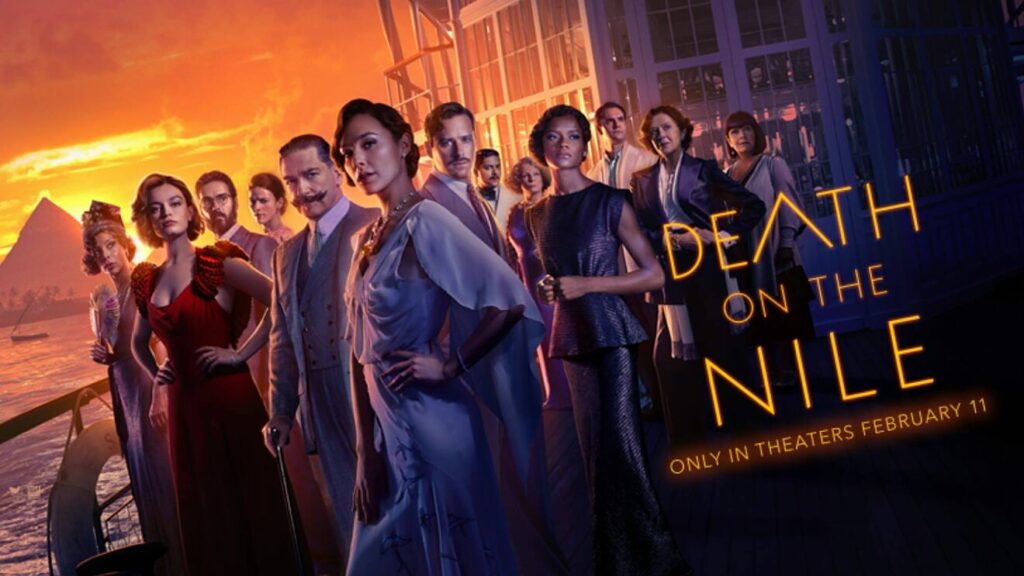
 (4.5 / 5)
(4.5 / 5)

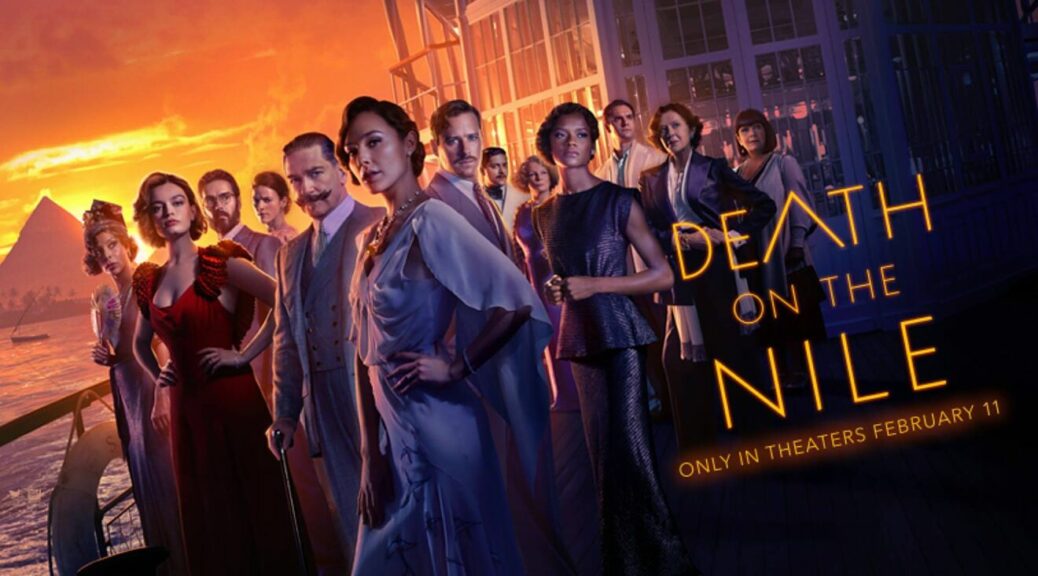
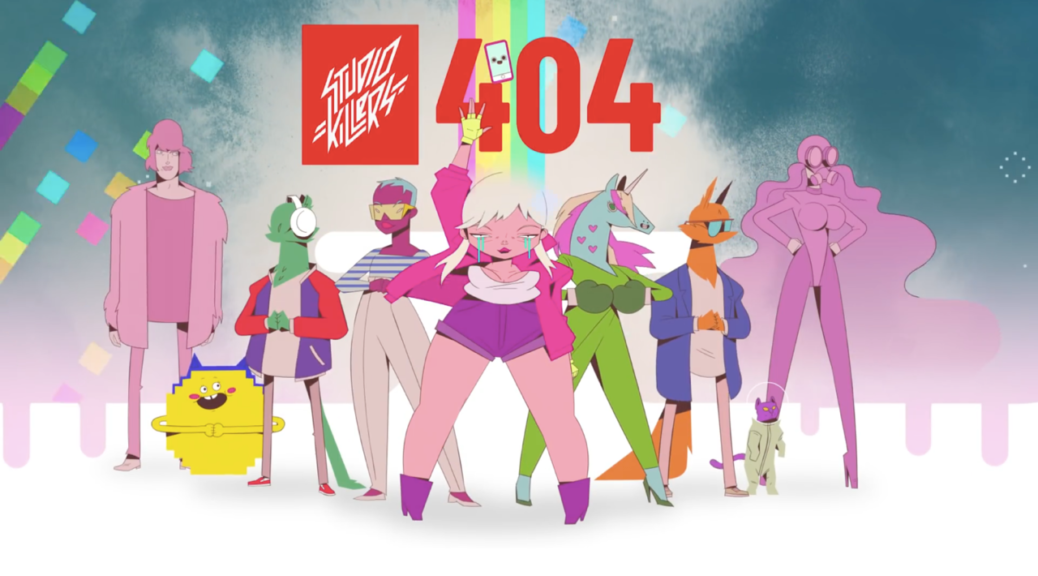
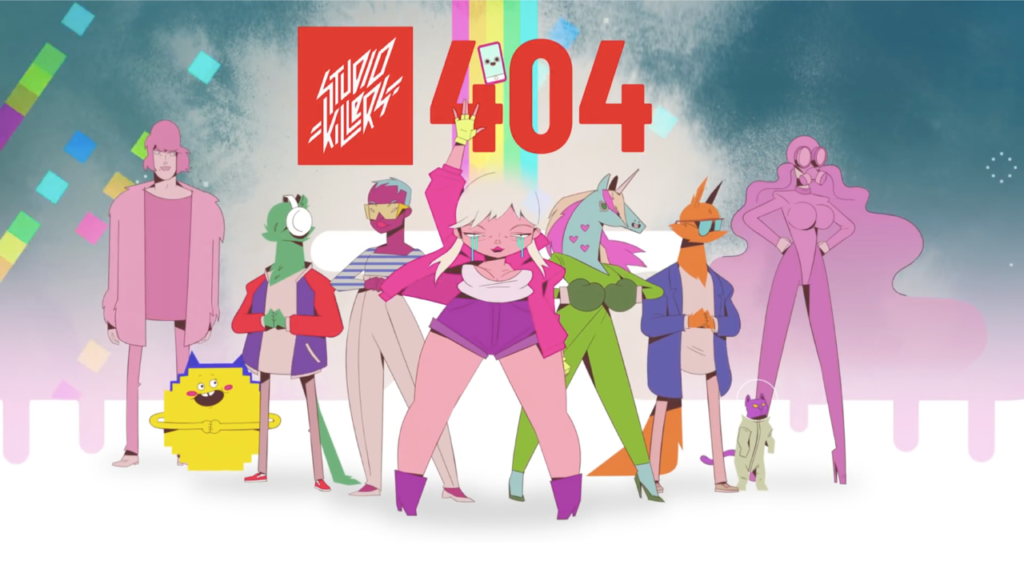
 (3 / 5)
(3 / 5)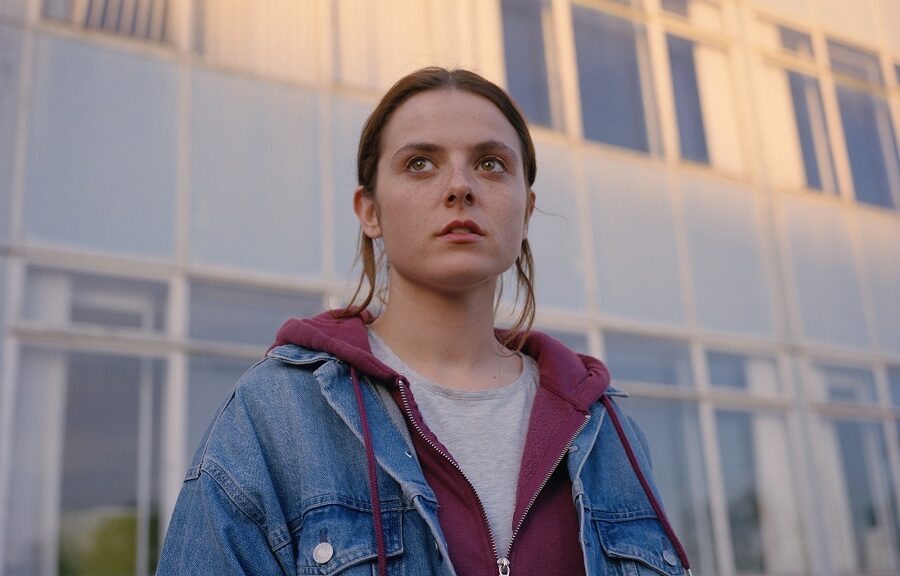
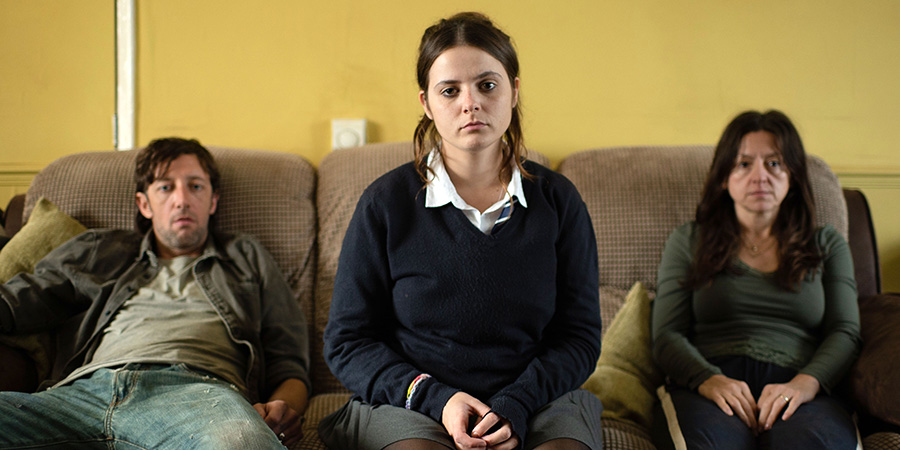
 (5 / 5)
(5 / 5)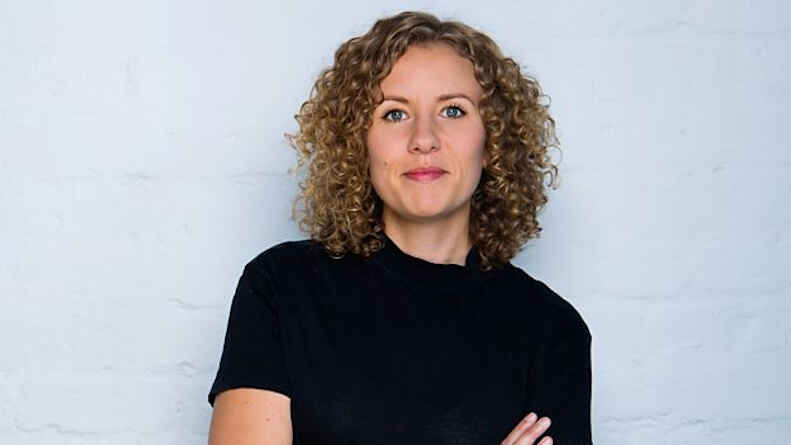
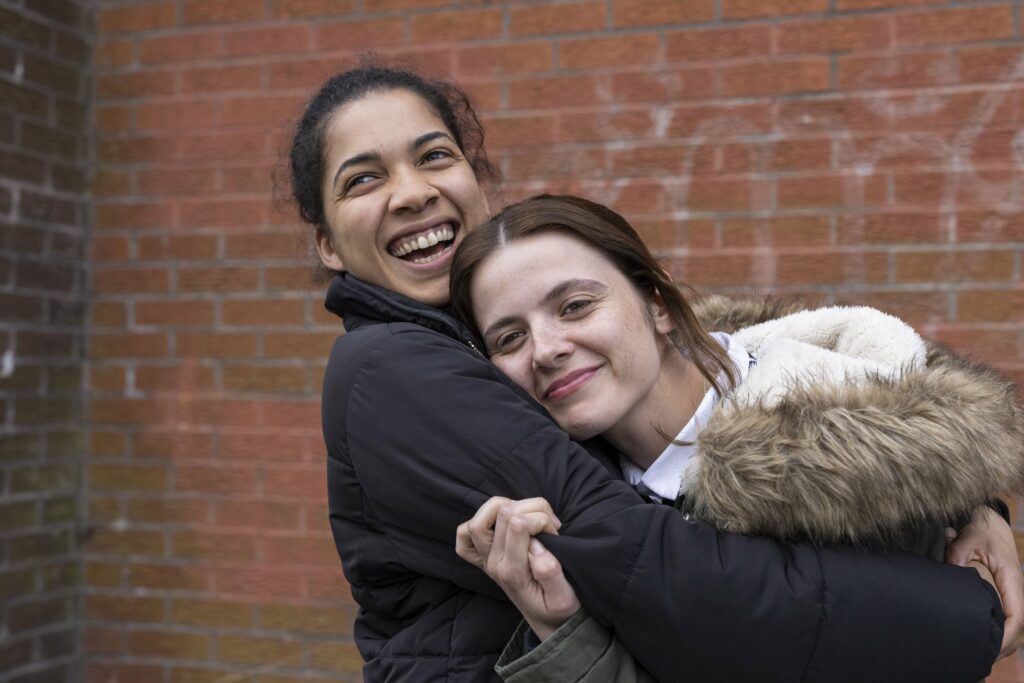
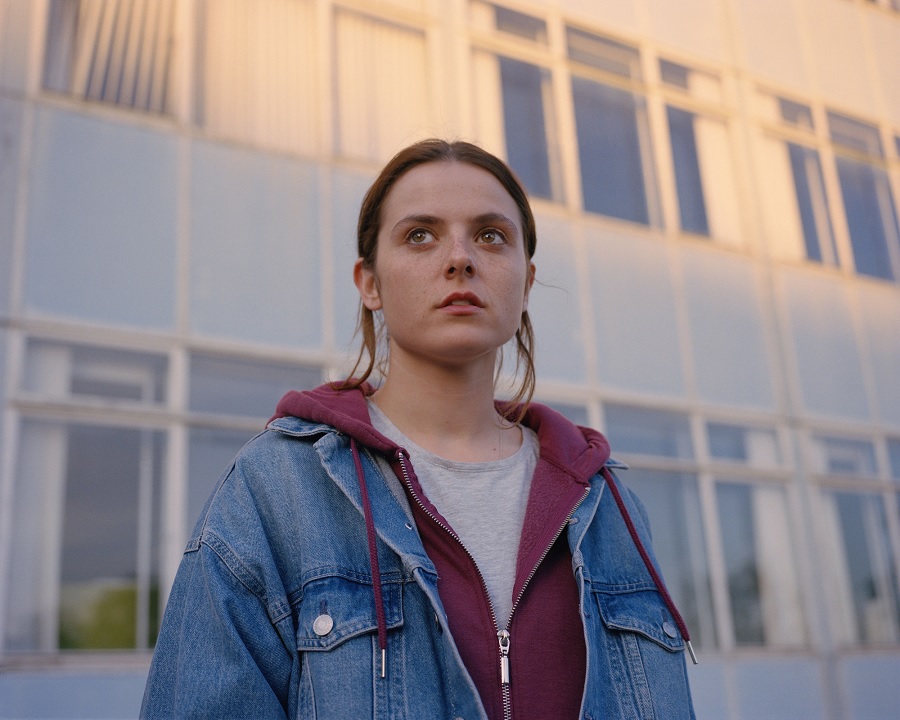

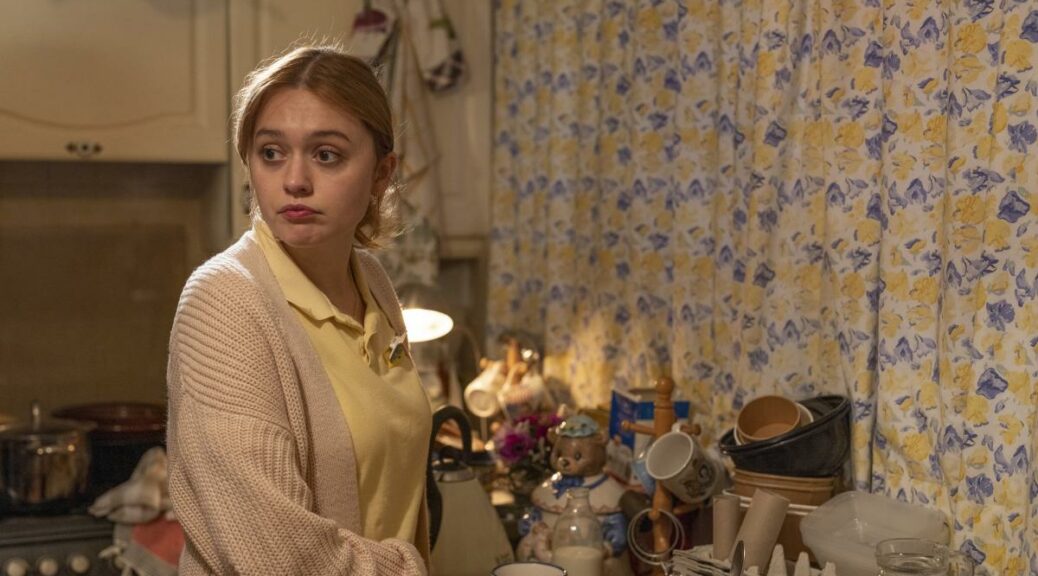
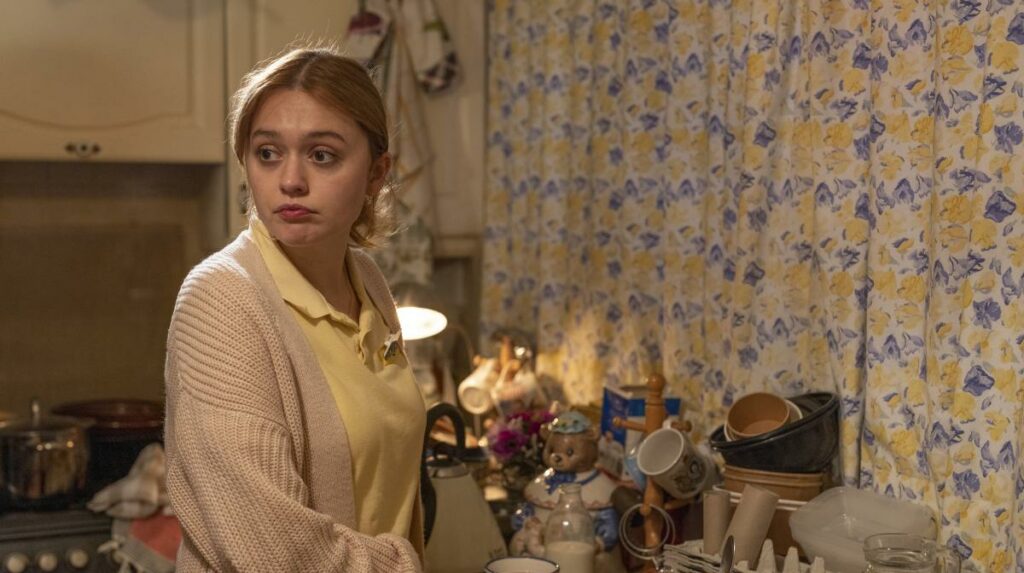
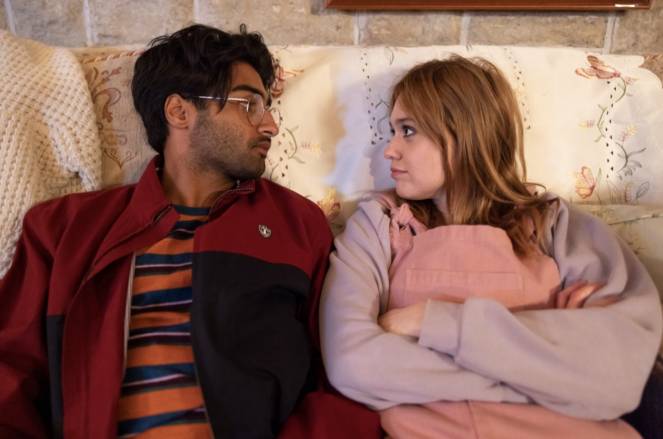
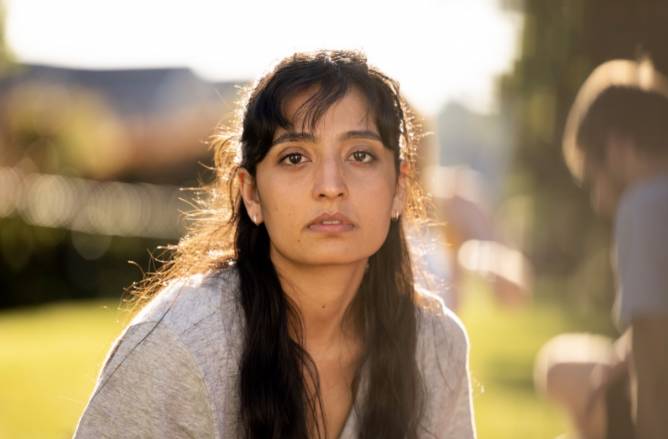
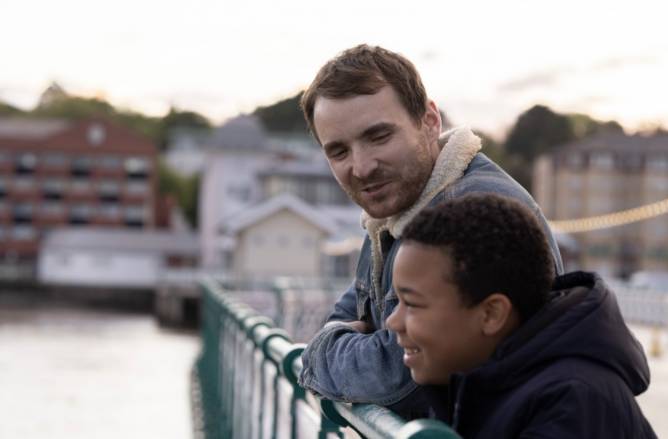
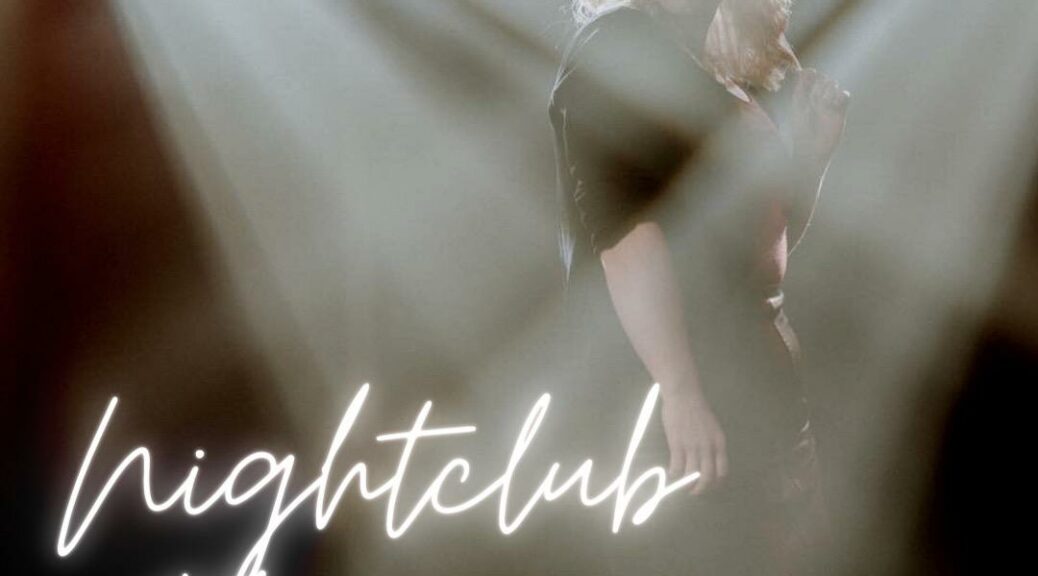
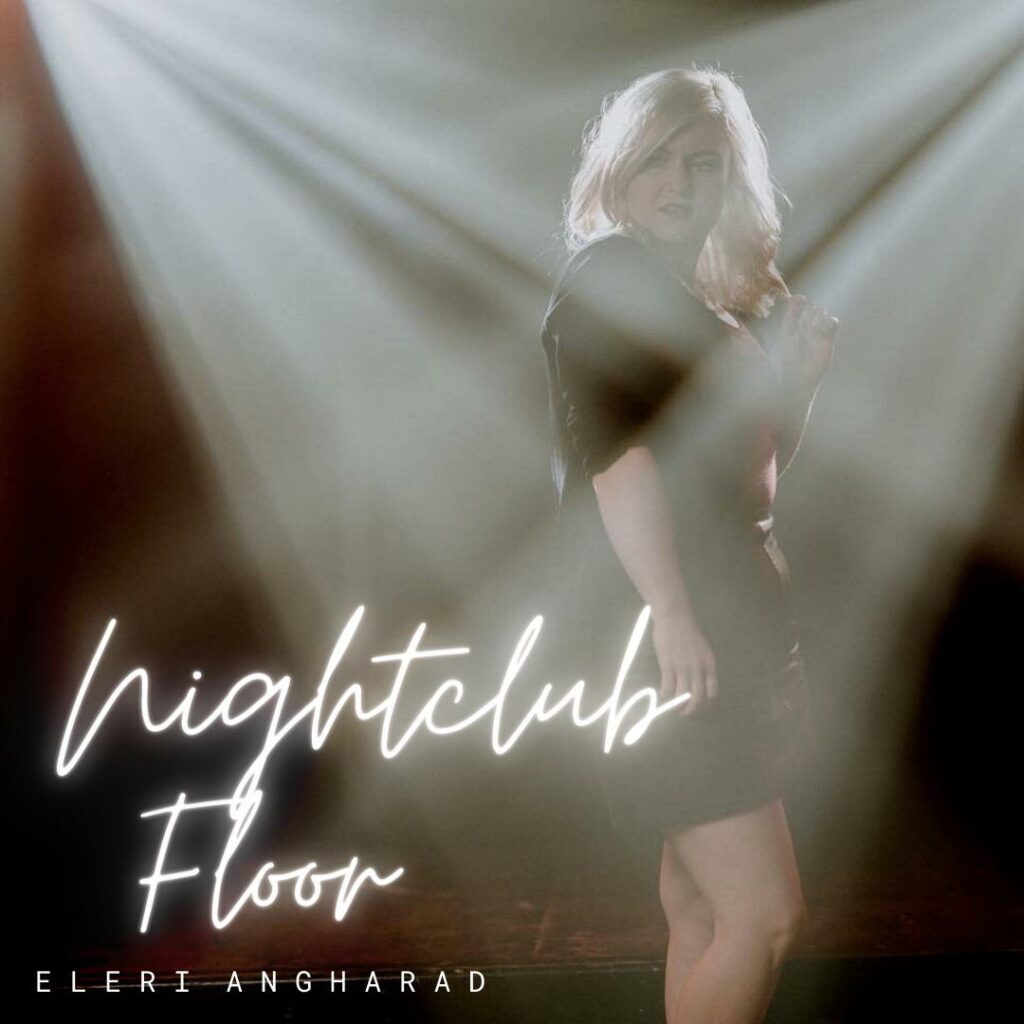
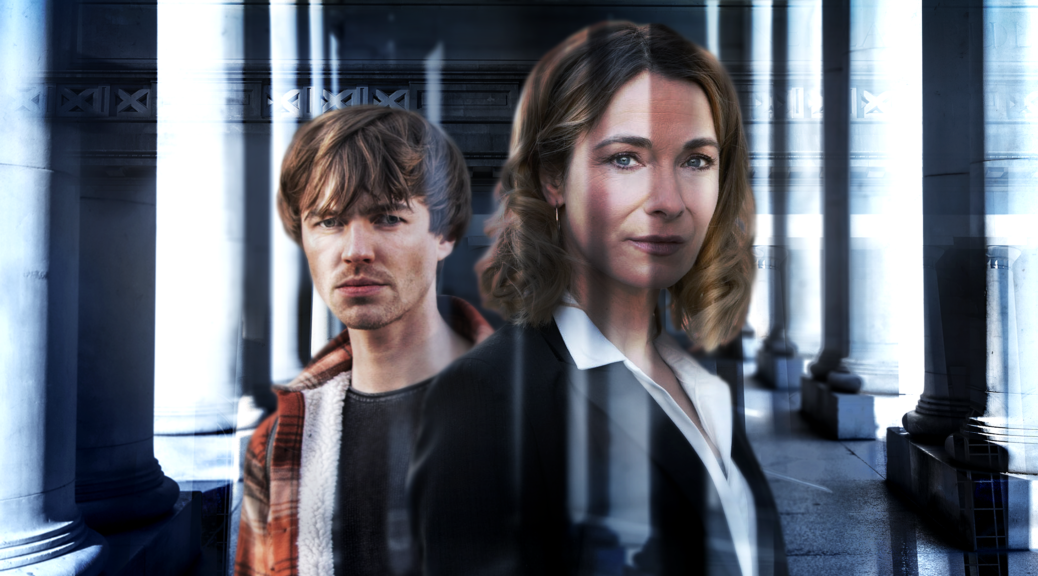
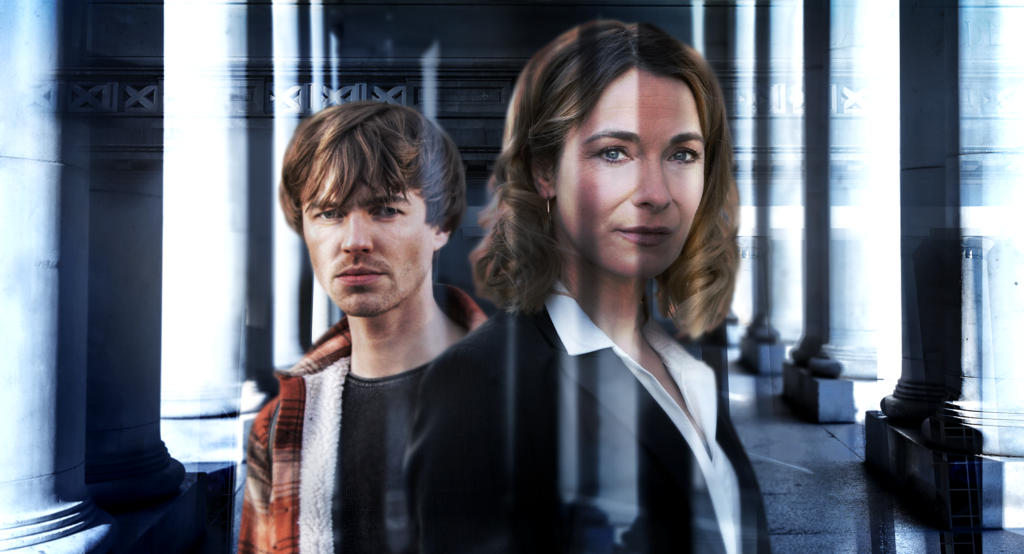
 (4 / 5)
(4 / 5)